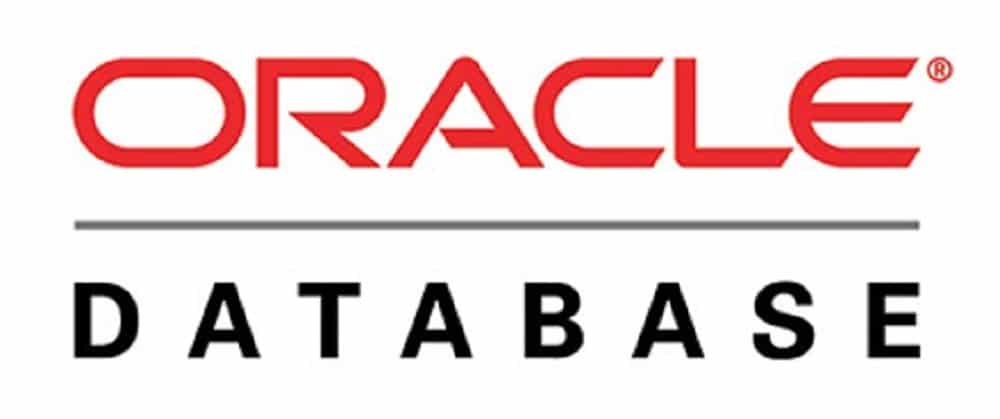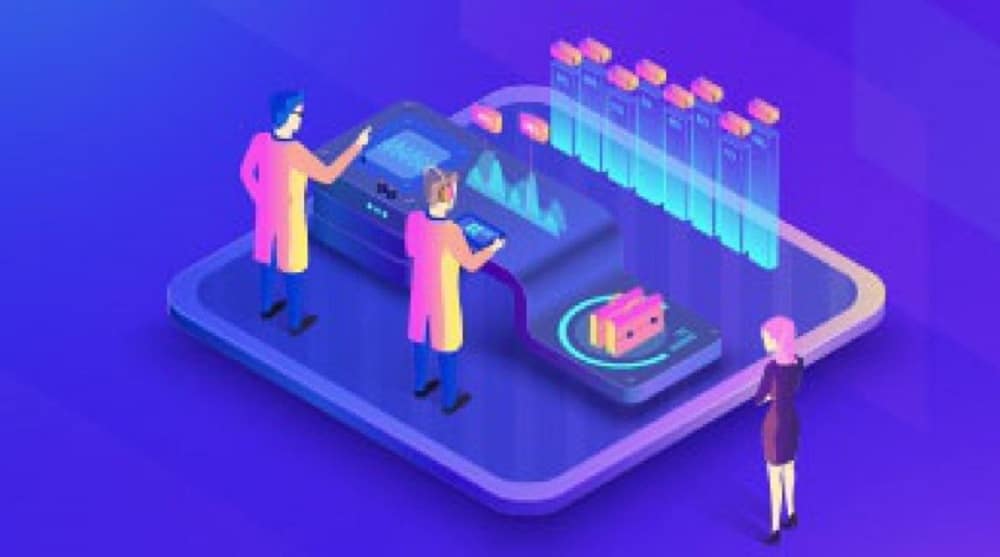
The IT industry is ever changing especially in times like the one we are currently living through.
PL/SQL developers are not spared from this relentless change. In my 30 years of experience, exceptional PL/SQL developers have always been in demand. However, the tech and frameworks that current developers are using is constantly changing and evolving. Without learning these new frameworks, associated languages, and other technologies, you may find over time your skills less marketable.
What could happen if you choose to keep pace and develop new and necessary skills? You may find your career beginning to stall and be unable to achieve the success you want.
So what can you do right now to prepare for the future of PL/SQL development?
From talking with CIOs, CTOs, and VPs of technology from fortune 500 companies to startups, they have shared with me the top 4 ways PL/SQL Developers can stay competitive in today’s market.
1. Keep current on new oracle versions

In talking with a hiring manager, one of their biggest struggles in finding great PL/SQL developers is finding a developer who is up to date with the most current releases of Oracle databases. Oracle tends to come out with a new release every 18 to 24 months. In my experience, some of these updates are minor, but when a major shift in the tech happens it’s important to talk to your boss and encourage the upgrade.
Falling behind on Oracle’s releases, can save your company money in the short run but can be a killer to your career. I have found that if you’re working on a version of Oracle that’s more than 2 releases back, it can pigeon hole you into your current company and make it very difficult to change jobs if something were to happen at your current company.
How can you make sure you are ready for the new oracle update?
In placing some exceptional PL/SQL developers recently, they were able to keep themselves up to date with Oracle’s releases by joining online user groups who had access to the latest versions. You can also keep yourself updated by following different tech blogs.
Successful PL/SQL developers have told me that by reading various tech blogs it not only helps them get a much better understanding of when the update will come out, but also give them an idea on what they can expect to change in the new update. This can help you get a head of some of the changes and hone in on skills that may be required in the next release.
Here are a few tech blogs that other developers have told that help them keep up to date with Oracle.
- Oracle Blog
- Oracle news by Reddit
- Steven Feuerstein, Oracle Corporation’s Developer Advocate for PL/SQL, Blog
2. Advanced skills in customized store procedures, triggers, and functions from scratch

When talking with a lead PL/SQL developer, they said that one of the most instrumental ways they were able to move up the career ladder was their ability to develop customized stored procedures, triggers, and functions all from scratch. In talking with hiring managers, it is okay if you are able to source scripts from other sources. However, in my 30 years of experience working with and placing exceptional PL/SQL developers, employers highly seek after developers who have demonstrated the ability to write procedures, triggers and functions from scratch.
What if you’re not given the opportunity to write these various commands from scratch?
The best way to learn is from someone who has already done it. Ideally, this would be someone in your organization or someone else you have networked with at an event or meetup group. This can often lead to you developing an unofficial mentor and allows you to learn how to write procedures, triggers, and functions from scratch at a much faster pace than trying to teach it to yourself.
3. Having a general knowledge of either Java, Ruby, or any opens source language

What separates a great PL / SQL developer from a good one? I asked this question to a few hiring managers and their responses all had one answer in common. That was the developer’s experience and general knowledge of writing in other programming languages such as Java, Ruby or really any open source language.
Now why is that?
PL/SQL is often used to access other services or applications so having general knowledge of other languages and how they work helps to make it easier for the developer to write code that integrates cleaner with each other.
4. Learning how to do database tuning

If you have the ability to learn and gain experience to do database tuning, in my experience this often makes you a highly sought after PL/SQL developer. If you have interest, database tuning paves the way towards database centric positions.
Hiring Managers often consider PL/SQL developers for DBA or Data Engineering opportunities because the code writing is closely tied to the Oracle Database. By understanding database performance tuning, this helps a developer in application performance, storage, and streamlining scripts. This allows for your organization to have faster performance of their applications, easier to navigate through database tables and/or scripts, and potentially requires less services to purchase.
Emerald’s advice
In our ever changing IT world, it is important to always be on the forefront of the technology in your profession. If you wish to separate yourself in today’s competitive marketplace one way of doing this is developing tangential PL/SQL skills.
We know that there is a lot for you to learn here and it can seem time consuming. It is important to just pick one or two aspects to focus on and apply it to your current job or a side project.
If you are interested in learning more about opportunities in the PL/SQL Developers space, feel free to schedule a call with one of our recruiters using the link here.

